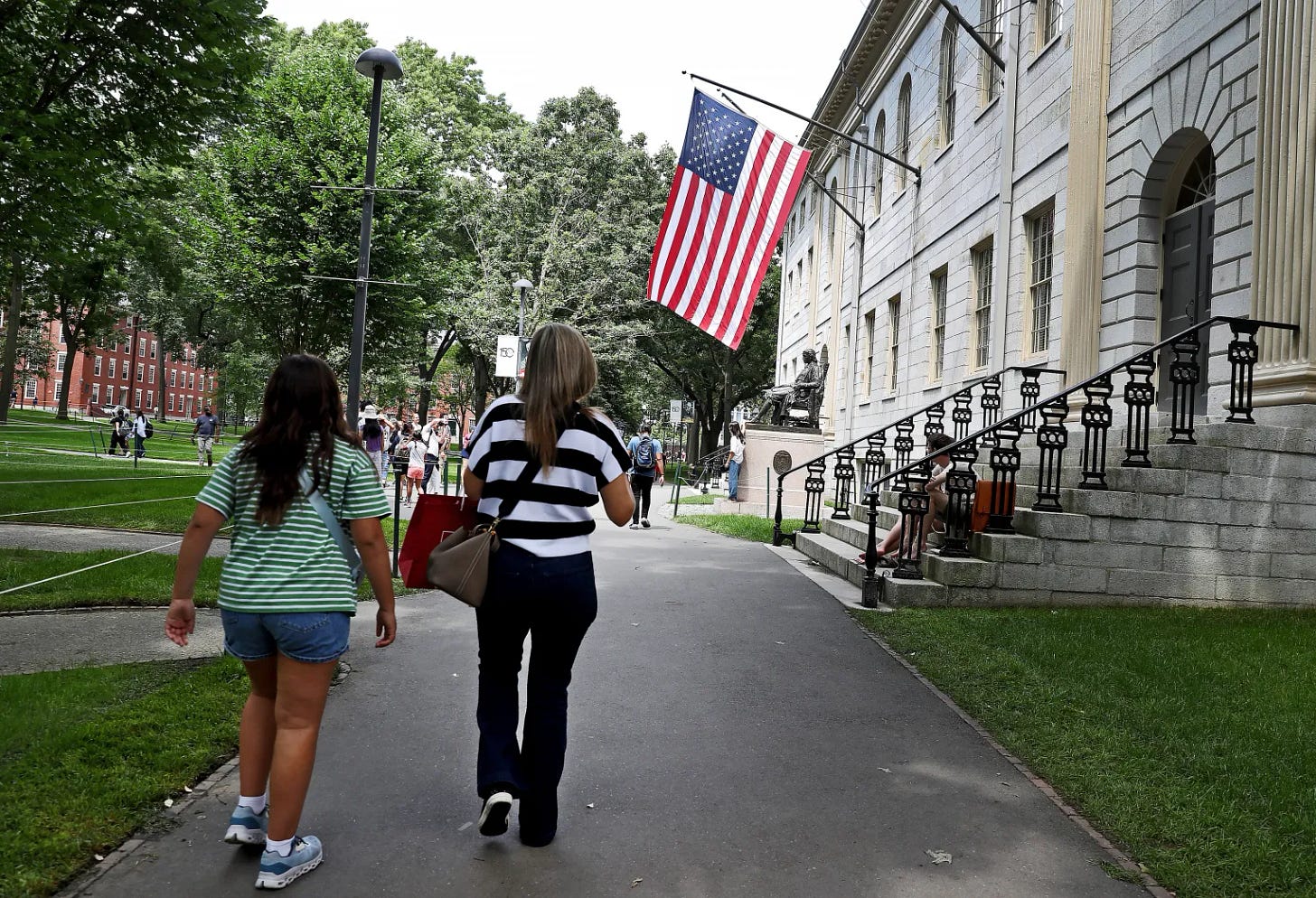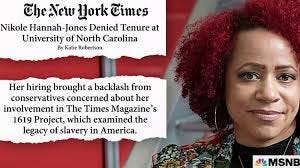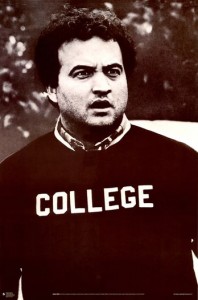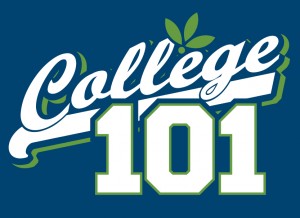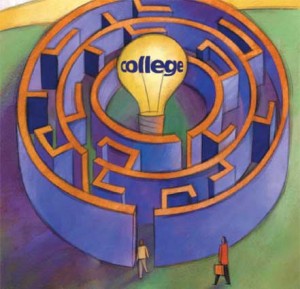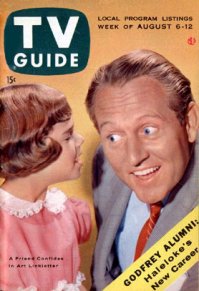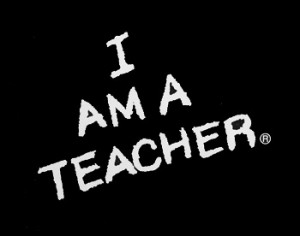How should the student protestors be dealt with?
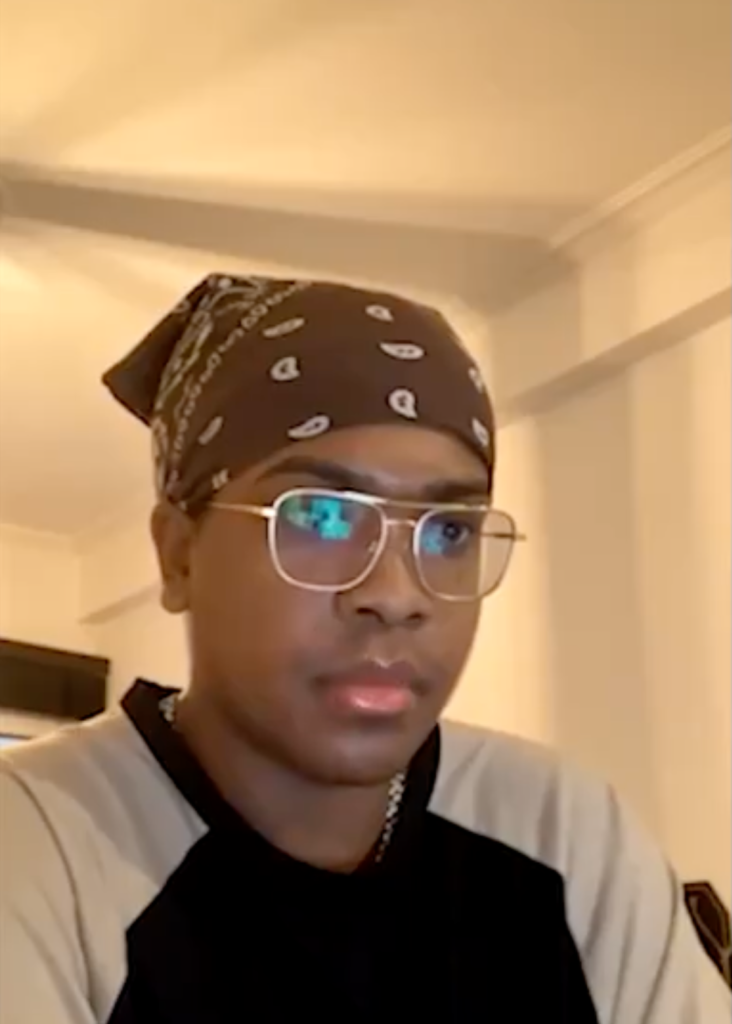
Khymani James, one of the student leaders in the anti-Israel protests at Columbia University, turns out to be a rather confused and angry young man.
Apparently uncertain about his gender (preferring “they” to “he”), James once acknowledged hating white people, has called for the deaths of Zionists and suggested university officials should be thankful he was not murdering any. Earlier, as a student at the prestigious Boston Latin School, the now 20-year-old James quit a city high school student advisory group in Boston, citing “adultist rhetoric.”
So, is he the perfect face of the Columbia protests? Well, James has certainly been its major voice at times. In a video shot by student journalist Jessica Schwalb, he leads students in the encampment as they face down Schwalb and others they label as Zionists, moving forward in lockstep, seemingly to drive out the interlopers. He leads the protestors in various chants as they repeat them after him in sheeplike fashion.
Barred from the campus now, however, and apparently facing disciplinary action for his rhetoric, James has since apologized and has not been seen at the demonstration. When he made the statement that Zionists didn’t deserve to live, he says now, it was because “an online mob targeted me because I am visibly queer and Black,” Newsweek reported.

And, despite the threatening steps forward against students named as Zionists, Schwalb, a reporter for Columbia Spectator, said she never felt in danger. After all, these were Columbia students, whom she told The Atlantic were “too nerdy and too worried about their futures to hurt us.”
There are plenty of lessons in the James situation, not least of which is that university administrators should remember who they are dealing with in many of the students – at least the undergrads. While teaching such young people for 14 years, I learned that many of them are essentially still children. Their worldviews are malleable and changeable and their maturity levels – especially among young men – are pretty low. And they are often captive to fads and peer pressure.
And this is not just me talking. The Center for Law, Brain and Behavior at Massachusetts General Hospital reported: “Scientists know that the adolescent brain is still developing, that it is highly subject to reward- and peer-influence, and its rate of development varies widely across the population…” The center used insights from studies on the point to argue for cautious and specific treatment of teens and people in their early 20s in the justice system.
I referred to the center’s work in my book “Divided Loyalities,” which charted the paths and fates of a group of young men in Minnesota who joined or attempted to join ISIS in Syria in and around 2014. The federal court dealt severely with the men, sentencing one 22-year-old to 35 years in prison, two others to 30 years each, and still others to sentences of 10 years or less. Essentially, they had ruined their lives and the court showed little mercy.
So, how severely should Columbia deal with James and his fellow travelers? Would suspension or even expulsion be appropriate for those who violated university policies against antisemitism? More than 100 have been arrested, so should criminal charges be pressed, giving them records for life?
One general approach, suitable for all, I believe, is that if they are allowed to stay in school they should be required to take a special semester-long or yearlong course in Israel-Palestine history and relations. Such a course would be developed with scholars on or off campus who are committed to peaceful coexistence between Arabs and Jews in the Middle East. Dartmouth has had great success with such a class.
I suggest that the class include being required to watch the video produced about the Hamas savagery of Oct. 7. The students should be required, too, to read the report from the UN about the sexual violence in that assault, and similar materials. They should be required to learn about lives and fates of the hostages the terrorists took and still hold.
With their chants of “from the river to the sea, Palestine will be free,” the support some show for the murderous and suicidal Hamas, and their “anti-colonial” and anti-Zionist pablum, it seems clear that most of the students know precious little about Israel and the Palestinians. Instead, sheeplike, they parrot the nonsense they hear from peers and others (perhaps even including some dimmer faculty members).
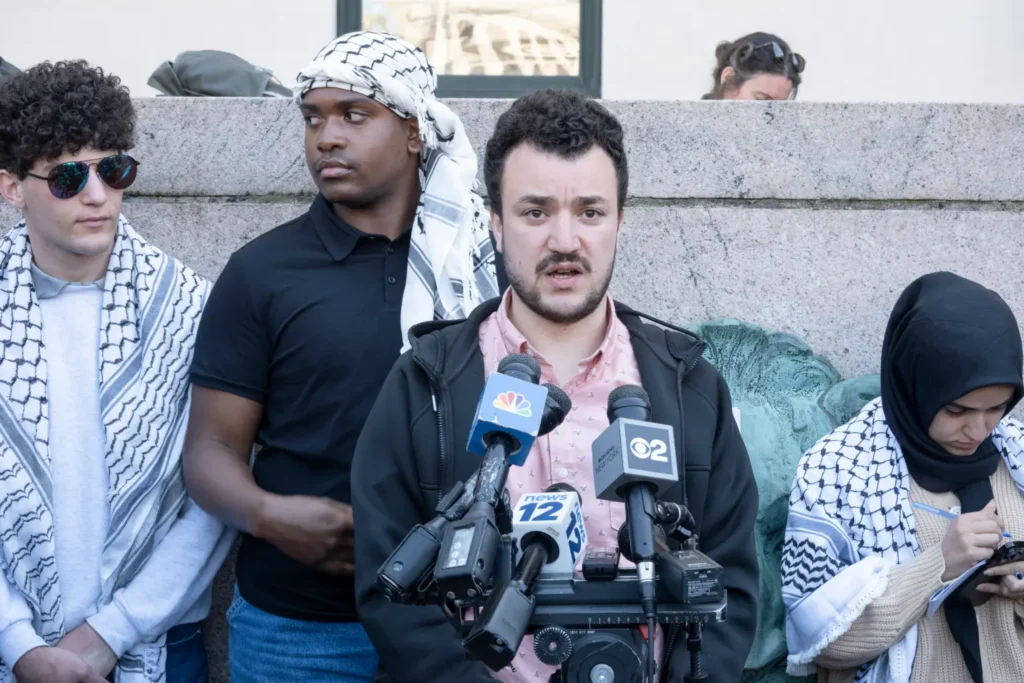
Beyond that, the approach will have to vary by individual student. There needs to be a distinction drawn between graduate students, who generally are older and should know better, and the undergrads. One of the student leaders, for instance, is Mahmoud Khalil, a former political affairs officer with the widely discredited United National Relief and Works Agency (UNRWA) who earned an undergraduate degree in Beirut, according to the New York Post. Another is Aidan Parisi, a 27-year-old postgrad whom the paper reported was suspended for his activities in the incendiary Columbia Apartheid Divest Group. “Que viva la intifada,” Parisi wrote in an Instagram post addressing his original suspension — “long live the rebellion.” And “Good night. Fuck israel,” Parisi wrote on X.
It’s not clear whether education will make a difference with such older students, though all should be required to take and pass the course I mention. But education is what a university is about, after all. Such a class would also provide a forum where all views — respectfully delivered or the students would be expelled — could be aired.
Would such schooling make a dent in the antisemitism that underlay at least some of the protests? That’s not clear. The student protestors seem mainly motivated by revulsion at the losses of life in the horrific war in Gaza. Just why they aren’t motivated by the horrors of Hamas to oppose its terrorism is a mystery, but that may be rooted in the simplistic oppressor/oppressed binary lens through which some of them – particularly the less mature ones — may see the world. In such a worldview, today’s Jews cannot be seen as victims, irrespective of the history of the Holocaust.
But in the face of widespread and growing antisemitism, especially among the young, a fuller understanding of Jewish history and the challenges Israel contends with seems essential for Columbia students such as James and many others. Along with generally being bright, the Columbia students should be educable. And testing just how much they can learn would be a start.















